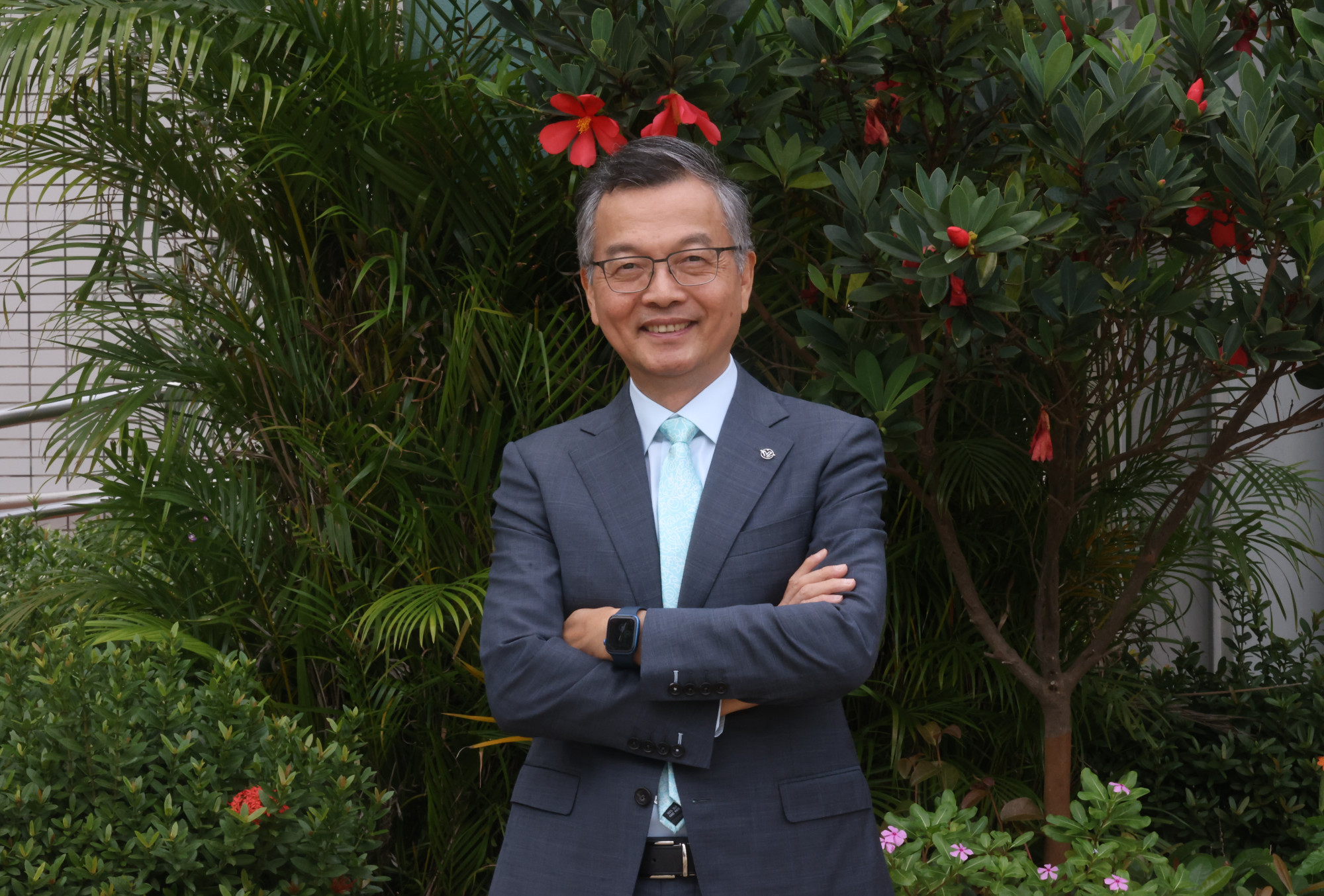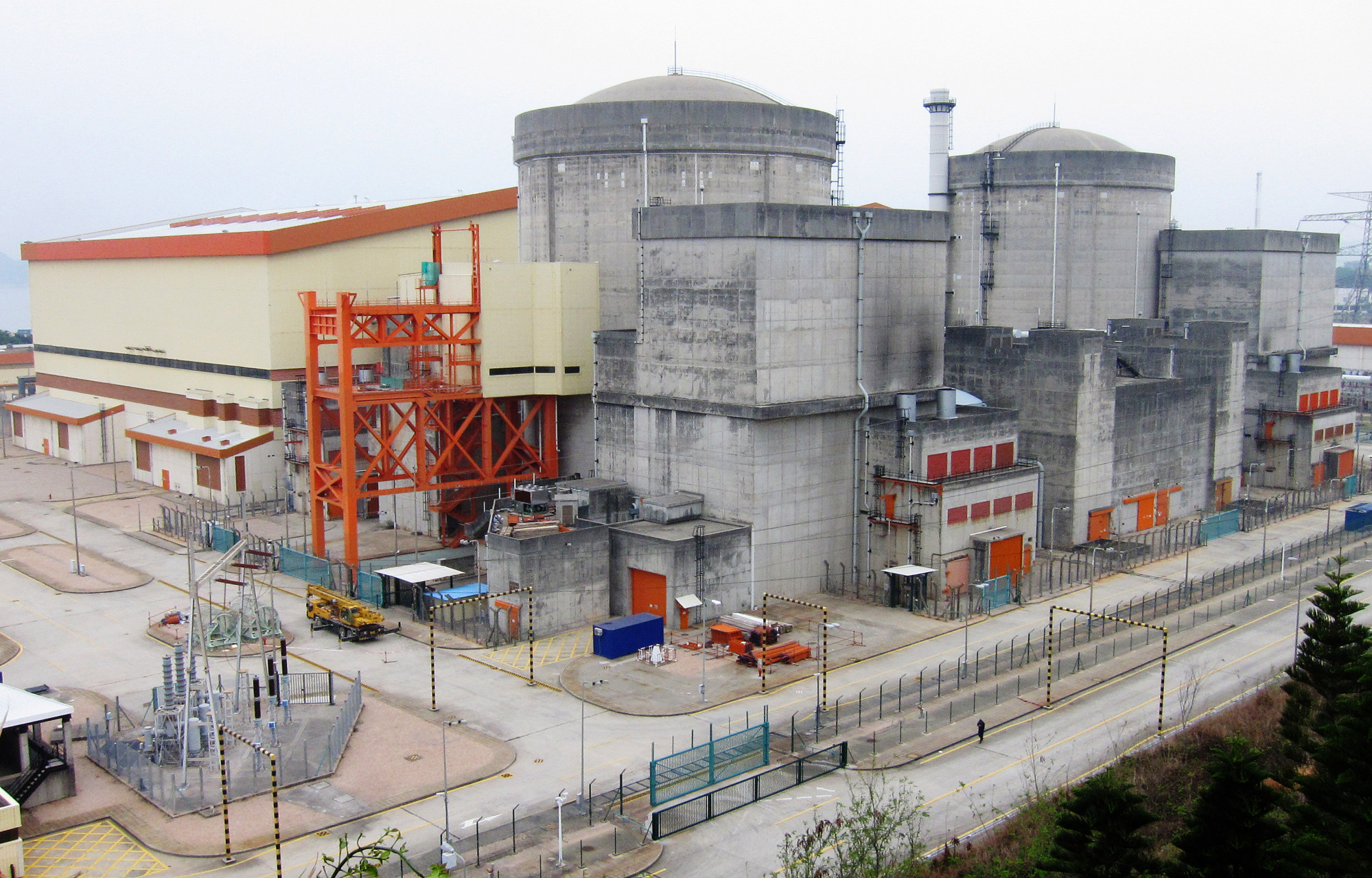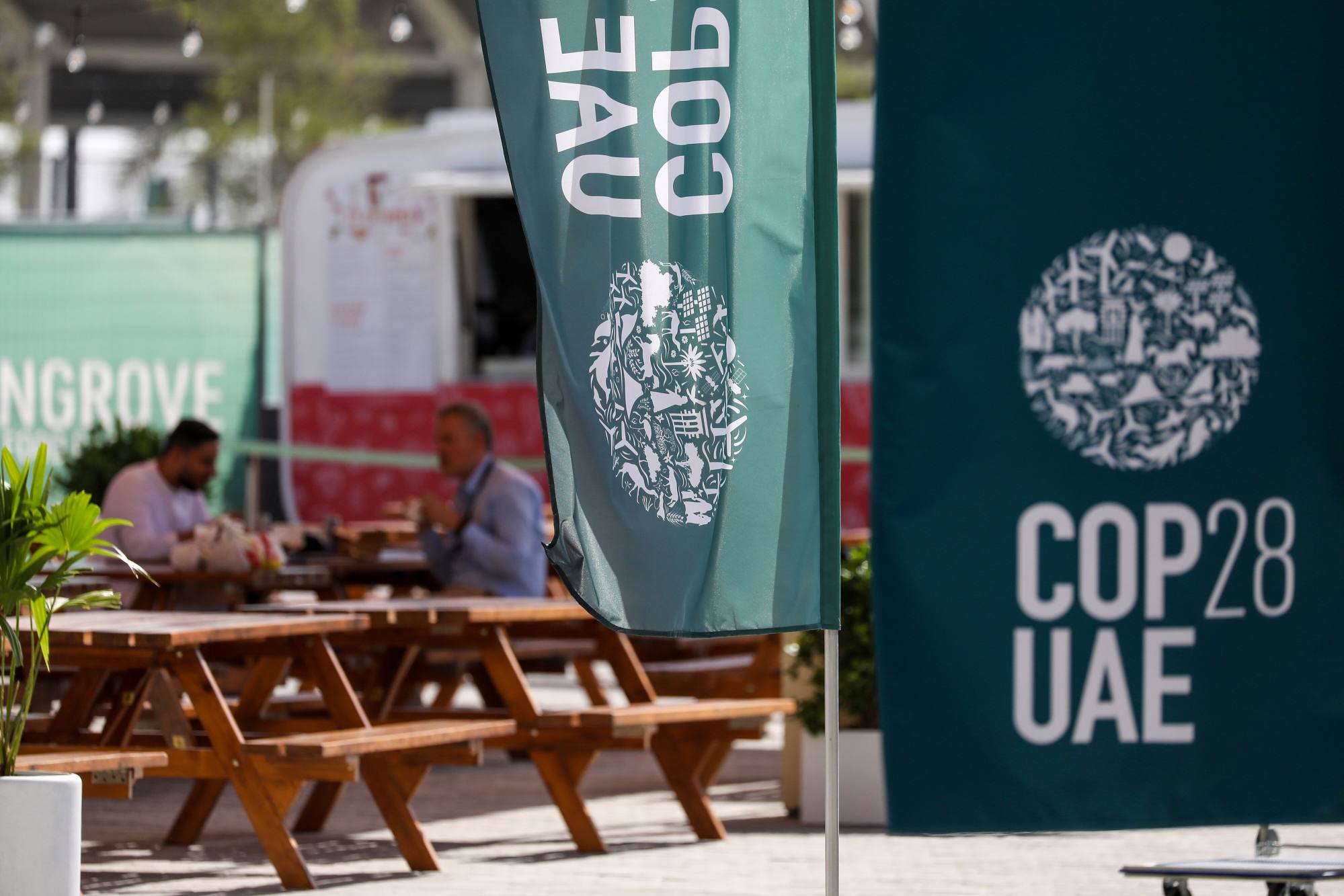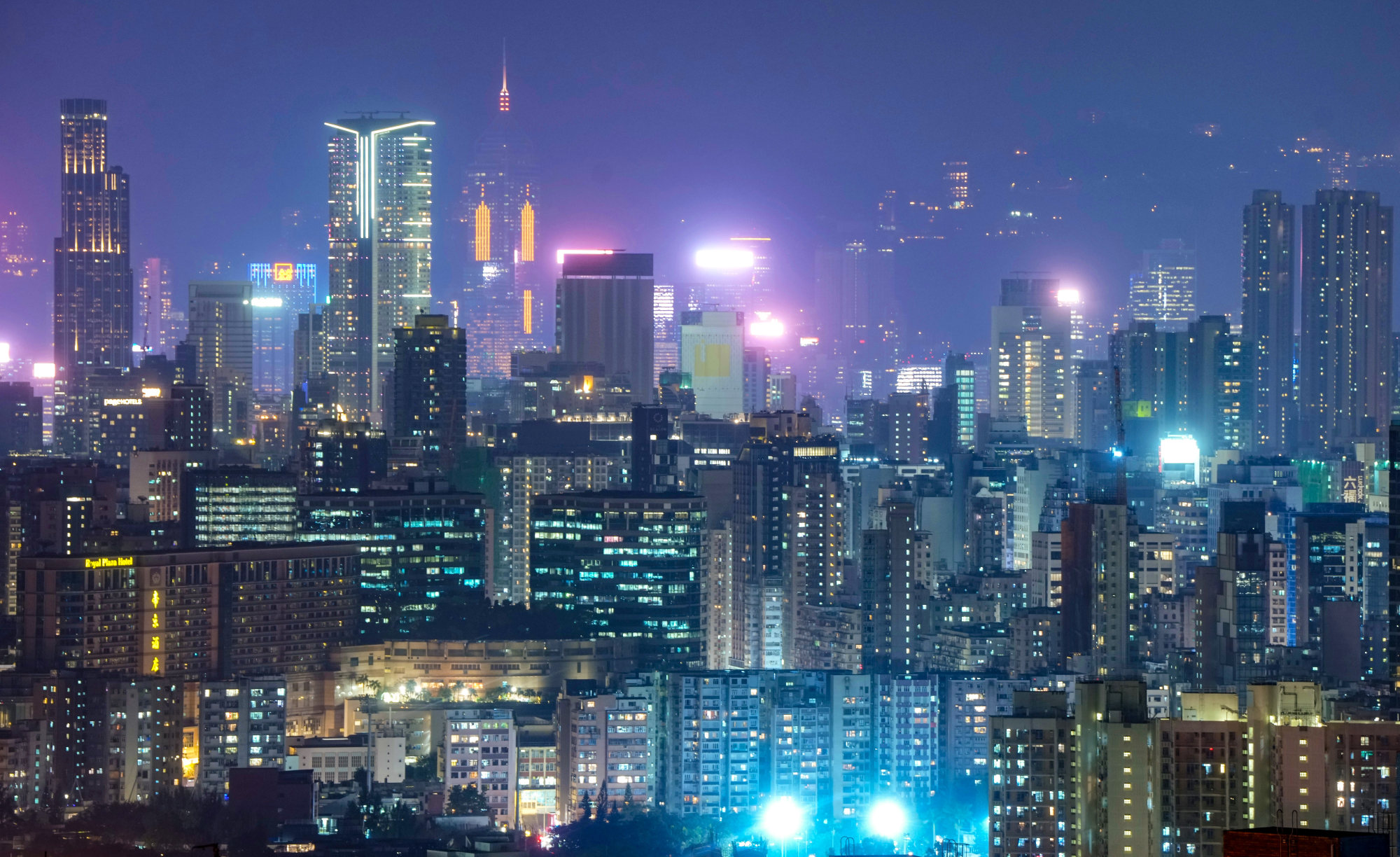Hong Kong should import more nuclear power from mainland China to hit its 2050 climate targets, top government adviser says
Lam said that considering the accessibility, pricing and power distribution network, using more nuclear energy was one of the options for Hong Kong to reduce electricity-generated carbon emissions.

“We have been using nuclear energy for many years,” he said. “If we are walking towards carbon neutrality, the proportion of nuclear energy is highly likely to increase.
“We have the track record and the unique co-development model we have been adopting with the mainland has been effective. We have also witnessed the safety and reliability of nuclear energy. There are many favourable factors.
“If we limit the proportion of nuclear energy now, it will be the greatest obstacle in achieving carbon neutrality.”
Delegation to COP28 to discuss how Hong Kong can help save the planet: official
In 2020, natural gas accounted for almost half of the fuel mix of Hong Kong’s electricity generation, with 24 per cent from coal, 25 per cent imported from a nuclear energy plant in Daya Bay, Shenzhen and the rest from renewable energy.
Electricity generation is the major source of greenhouse gas emissions, amounting to 63 per cent of the city’s overall total.
Under the Climate Action Plan 2050, the government has aimed to halt the use of coal for daily electricity generation, increase the share of zero-carbon energy in the fuel mix to about 60-70 per cent and that of renewable energy to 7.5 to 10 per cent by 2035.

Lam made his remarks after the two electricity suppliers in Hong Kong on Tuesday announced they would raise their basic tariff for next year and reduce their fuel surcharge due to the falling fuel prices. Consequently, bills, made up of both charges, will drop.
But the latest five-year development plans submitted by both firms had not covered offshore wind farms, with the government explaining that it was to prevent putting pressure on the tariffs under the high costs of constructing the facilities and power generation.
Hong Kong to host first forum at COP28 in bid to promote city as green finance hub
Lam said Hong Kong had limitations in generating clean energy, such as land shortage, while avoiding high costs that might lead to a drastic increase in electricity bills.
“It is logical to purchase it from elsewhere. It will be the most convenient to import from the mainland,” he added.
Hong Kong is on the path to reduce its greenhouse gas emissions that amounted to 33.5 million tonnes of carbon dioxide equivalent in 2022, an about 4 per cent decrease from the 2021 level and 24 per cent from the 2014 peak.

Secretary for Environment and Ecology Tse Chin-wan on Thursday flew to Dubai to join the Chinese delegation at Cop28, where the Financial Services Development Council and Friends of the Earth are expected to host Hong Kong’s first forum at the summit.
Lam said he expected the delegation to tell of Hong Kong’s “good stories”.
“We have achieved the goals that we have set in the past on time. We can set a good example for the world to treat the goals with more sincerity.
Hong Kong’s waste charging scheme has loopholes, cleaning industry warns
“We have very strict standards and we strictly follow the rules of everything. We also have high transparency and audit everything. I hope we can promote our strategy to the world.”
With garbage representing about 8 per cent of the city’s greenhouse gas emissions, Lam said the coming year would be “critical” to see whether the waste charging scheme to be rolled out in April next year would bring about public behavioural changes.
To reduce excessive household rubbish, the scheme will require residents to buy government-designated plastic bags in any of nine available sizes, with each litre costing 11 HK cents (1.4 US cents). A six-month grace period will be given after the scheme starts.

While expressing confidence that neighbours would monitor each other for any violations, he said he was worried about the illegal dumping of waste in the countryside and called for strict enforcement of penalties in such areas.
Lam warned that legal requirements might be necessary if excessive packaging in logistics did not improve after the scheme’s implementation, while some sectors, such as the medical industry, might need more efforts in waste reduction.
Lam said he would continue to spend the next two to three years explaining carbon neutrality to different industry representatives.
“As we already have all the law frameworks, if some industries need to formulate regulations, along with explanatory work, it will not be difficult.”